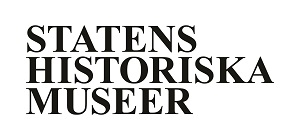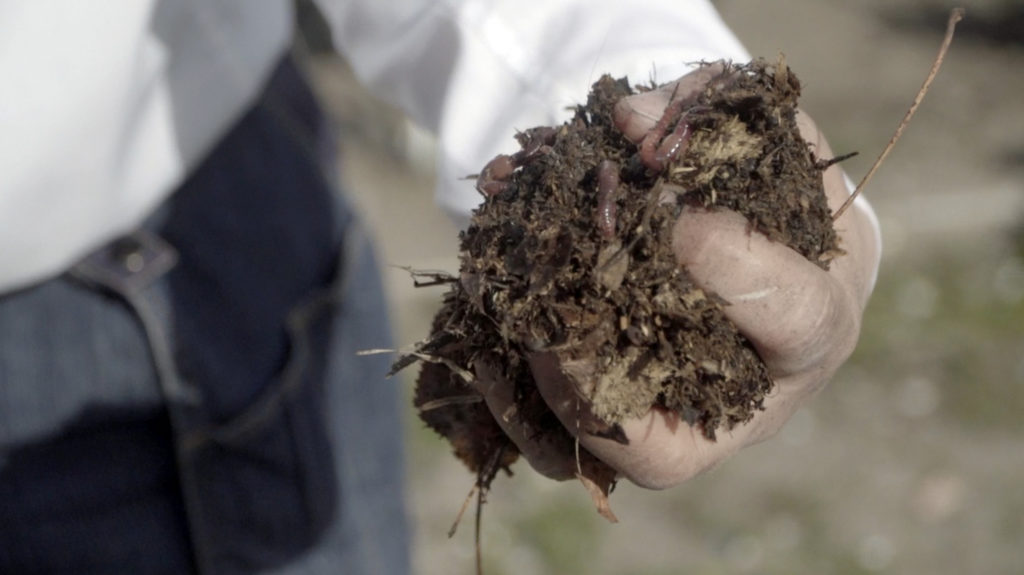
THE COLLABORATORY
Through the Humus Economicus Collaboratory we visit and learn from artists, researchers, planners, ecologists, growers, and others, to better understand how different forms of interaction with soil can increase knowledge about its life sustaining processes and promote practices of soil care. Below you find some of our Companions & Partners and the Networks we are part of.
The research process includes excursions, literature studies, art & science retreats, alongside seminars, workshops, exhibitions and other public events. Through place-based and situated modes of working we seek to create a critical and creative milieu of environmental art and humanities. Glimpses and reports from our activities are posted on the website.
The research forms an alliance between National Historical Museums (SHM), KTH Royal Institute of Technology, and Linköping University through the lively research community of The Posthumanities Hub.
Please, contact us if you want to know more.
Networks

The Posthumanities Hub (KTH/LiU) is a strong Environmental Humanities environment in Sweden, and is at the forefront of feminist posthumanities research in Sweden and internationally. It is a feminist research group and a multi-university platform for more-than-human humanities, founded in 2008 by Professor Cecilia Åsberg at Linköping University (LiU), connected to the Gender, nature, culture platform of Åsberg’s LiU chair. Bringing science and art to the humanities, the Hub has been a transformational force of the societally relevant, extra-disciplinary, super-networked, new humanities in Sweden and beyond.
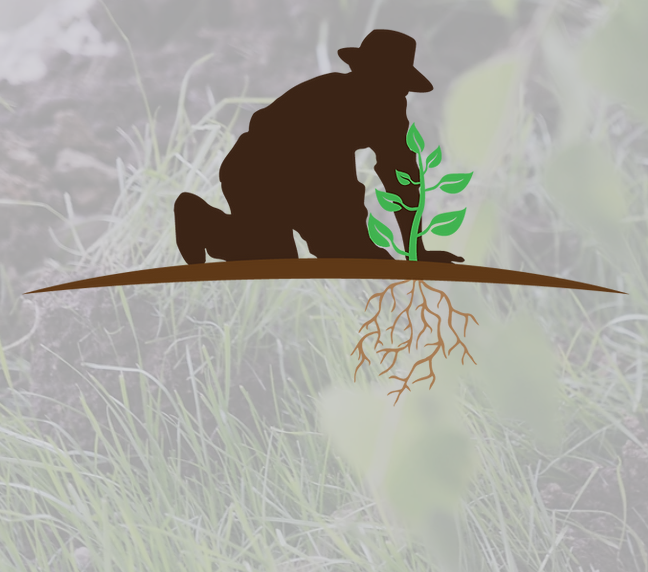
Soil Care Network is an interdisciplinary, global community of scholars and practitioners animated by the love of, sascination with, and dedication to soils. It is a place for soil scholars and those interested in soil research to find one another, and a space of supportive and creative exchange of ideas. The Network was founded by Dr Anna Krzywoszynska at University of Sheffield, UK, in 2017.
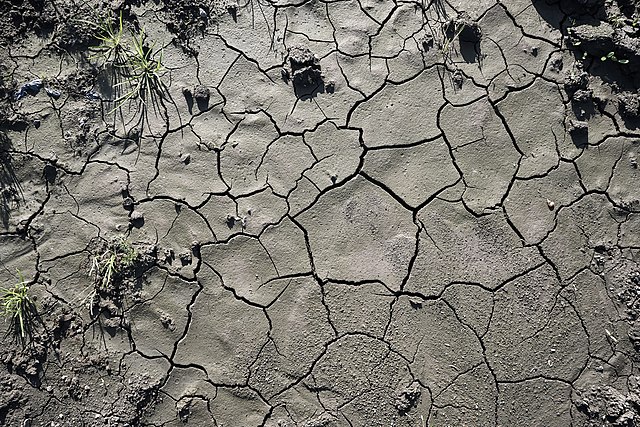
Anthropogenic Soils is a collaboratory at the University of Oslo, Norway, and part of the Oslo School of Environmental Humanities. They focus on practices and understandings of remediation and soil repair in response to historical and contemporary concerns about soil health, and bring together scholars, practitioners, and artists to develop new research questions and interdisciplinary methodologies for the study of soils in the Anthropocene. Principal investigators are Daniel Münster and Ursula Münster.

State of the Art Network (SOTAN) is a Nordic-Baltic transdisciplinary network of artists, practitioners, researchers, and organizations who have come together to discuss the role, responsibility, and potential of art and culture in the Anthropocene. State of the Art Network is initiated and headed by Bioart Society/SOLU in Finland, with The Posthumanities Hub as partner and co-pi. SOTAN is supported by Nordic Culture Point, Nordic Culture Fund, and A. P. Møller Foundation.

LOESS – Literacy boost through an Operational Educational Ecosystem of Societal actors on Soil health is a Horizon Europe project, a programme for the recuperation of soil health under the EU Mission ‘A Soil Deal for Europe’. It focuses on increasing soil literacy, via developing educational offers and continuous training programmes as well as skills development activities addressing multiple actors, stakeholders and target groups connected to soil education. The Swedish partner in the consortium is Vetenskap & Allmänhet (VA Public & Science).
Guests & Collaborators

Christina Schaffer is a PhD candidate at the Swedish University of Agricultural Sciences (SLU) and a cultivator, focusing on agroforestry in both theory and practice. She teaches interdisciplinary courses that touch on sustainable development at Stockholms University, Sweden. Her interests include a sustainable food supply and urban ecology. She is since 2012 running a summer course in a small forest garden at the university campus. The forest garden can be found on the premises where once The Experimental Field once was located.

Danielle Wilde is Associate Professor of Embodied Design at the University of Southern Denmark, Kolding (SDU). She directs SDU’s [body|bio] Soft Lab for participatory research through design, citizen engagement with science and food as a multi-species concern. Works with diverse stakeholders to forge regenerative practices, policies, technologies and relationships, using experimental means. Ongoing research involves transforming the Municipality of Kolding, Denmark, into a Food Futures Living Lab, as part of the EU H2020 project: ‘FUSILLI: Fostering the Urban Food System Transformation through Innovative Living Labs Implementation.’
Website : daniellewilde.com/wilde
Soft Lab : bit.ly/wilde_softlab

Germund Sellgren is an educator with long experience of outdoor pedagogy. He has worked for the World Wide Fund for Nature WWF for 17 years as an educator within Education for Sustainable Development ESD nationally and internationally. He has authored two books in the field of outdoor education and has created a large number of educational materials for WWF. Today he works as a consultant in the field of education. During 2020-2021, he is part of course called Regenerative Agriculture and Holistic Management at an independent adult education college. Among the interests are photography and filmmaking as well as vegetable growing as an amateur. He has recently written his credo embracing soil. Germund organizes workshops and collects soil stories for the Humus Economicus Collaboratory.

Sidsel Bonde is an artist and designer with a Master of Fine Arts from Bergen Art Academy, Norway. Her latest works explores past and present landscape transformations, as well as historical and ornamental traces related to agricultural practices and how these inform conceptions of agriculture today. She works together with Frøydis Lindén and Malin Lobell in the project Skifte.Land
Website: www.sidselbonde.com
Skifte.Land: www.skifte.land
Ichnofauna Teknoflora: www.spriten.no/sidsel-bonde-ichnofauna-teknoflora

Teemu Lehmusruusu is an artist and initiator of the transdisciplinary Trophic Verses platform that explores the phenomena of soil and its linked ecosystems. He collaborates with biologists, soil and climate scientists as well as farmers and gardeners, and is part of the Carbon Action community. He is currently doctoral candidate at Aalto University and in the process of building an art farm at Kemiönsaari, Finland.
Trophic Verses : www.trophicverses.com
Carbon Action : carbonaction.org
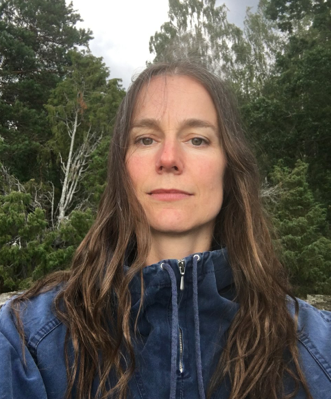
Åsa Elzén s an artist living and working in Näshulta, Sörmland, Sweden. Her practice is transdisciplinary and often manifests through installation, text, textile, video, performance and participatory situations. She engages currently in the notion of ”the fallow” (Swe: träda) as artistic methodology and ethical stand-point as well as in relation to temporality, memory, environmental destruction, queer feminist- and more-than-human historiography. Lately her focus has been on the legacy of the ecology- and resilience practices of the Fogelstad group, active approx. 1920-1950.
Website: www.asaelzen.com
Träda: www.sormlandsmuseum.se/utstallningar/trada/

Jenny Salmson is a permaculturist and soil activist with a background in the climate organizations Klimataktion and Klimax. She is trained for the Soil Food Web and microbiologist Dr. Elaine Ingham and a certified permaculture designer. She initiates and runs pedagogical co-cultivations in the association Odla Ihop, which currently has five large cultivation sites in the Stockholm region. She creates permaculture designs and edible gardens and develops the sites with micro-life-focused composting methods, permacultural techniques, and through the cultivation of old wheat varieties and biodiversity-enhancing meadow areas. She holds workshops and conducts ongoing pedagogical and organizational work in Odla Ihop. Jenny has held the full-time education Grow locally – change globally and the courses Urban Edible Garden and Life in the Soil at Långholmen’s and Jakobsberg’s folkhögskola.
Website: www.odlaihop.se
Other collaborators and participants
Malmö konstmuseum and urban growers in the cities of Malmö and Lund in The Soil Celebration.
Bronwyn Bailey-Charteris, curator and moderator for The Soil Symposium at Accelerator.
The artist group Skifte.Land, with Frøydis Lindén and Sidsel Bonde, in the seminar ‘Soil and Shadow Sites’, and (F)jorden, a floating symposium in the Hardangerfjord, Norway.
Urban growers and soil stewards in Södertälje, Järna, and Dalarna through soil celebrations and storying workshops conducted by Germund Sellgren.
Participants in the course ‘Regenerative agriculture and holistic management’ at Bäckedals folkhögskola through soil celebrations and storying workshops conducted by Germund Sellgren.
Thomas Hahn, fresearcher in ecological economics at Stockholm Resilience Centre, in the seminar ‘Ecological Economics, Soil Care, and Homemaking in Times of Transition‘.
Mathilda Tham, design researcher at Linneaus University, in the seminar ‘Ecological Economics, Soil Care, and Homemaking in Times of Transition‘.
Åsa Ståhl, design researcher at Linneaus University, in the seminar ‘Ecological Economics, Soil Care, and Homemaking in Times of Transition‘.
The Network Making the Voices of Nature Heard, Stockholm Resilience Centre, Stockholm City Council and Bee Urban.
Stadsodlarnätverket [Network for Urban Gardening] with Christina Shaffer, Karin Saler, Jenny Salmson, Ulrika Flodin Furås in workshops around urban farming, community gardening, and allotments.
Edith Hammer, soil ecologist, Lund University, study visits concerning ‘cyborg soil’ and research on microbial ecology.
The participating researchers in the 3-day workshop ‘Soils as Sites of Emergency and Transformation‘, at Nordic Environmental Social Science Conference (NESS), 2022.
Caroline Owman, Stockholms University, in the seminar Humus economicus and Curating Time – Art, Research and Environmental Humanities in Times of Transition.
Art Lab Gnesta with curator Caroline Malmström and the fantastic co-workers at Nynäs Castle and Sörmlands museum in the project ‘Tänka med jorden‘ [Thinking with Soil].
The visitors and participants in ‘From Manure Heap to Money Stack’, part of the public art program ‘Från brasa till brasa‘ with (p)Art of the Bomass and Humus Economicus at Nynäs Castle, on invitation from Art Lab Gnesta.
Lina Isaacs, researcher, ecological economist, guest in the public conversation ‘Två sidor sidor av samma mynt – kan ekonomin jordas?’ part of the public art program ‘Från brasa till brasa‘ with (p)Art of the Bomass and Humus Economicus at Nynäs Castle, on invitation from Art Lab Gnesta.
Norwegian BioArts Arena (NOBA) in soil symposium 2022: ‘Humans, fungi, rottenness, and the future of soil‘.
Mossutställningar and curator Stella d’Ailly, initiator of the art program ‘Artistic Undressings of Fokus Skärholmen’ and editor of the art publication Elementa, in which Soil Correspondences was published
Tumba Paper Mill Museum, in the exhibition ‘Down to earth, self sufficiency then and now‘.
Students and teacher from St. Botvid’s Gymnasium, in the workshop ‘The value and future of soil’ at Tumba Paper Mill Museum.
Petra Lilja, Jenny Salmson and Anton Poikolainen Rosen in workshops involving soil chromatography
The research platform Climaginaries through a contribution to ‘The Rough Guide to Zero-Carbon Skåne‘.
Eléonore Fauré, researcher at Lund University, in the workshop Toxic Heritage, or How to Wash an Island at the Climate Existence Conference 2023, Sigtuna.
Gylleboverket, artist group, cross-disciplinary art platform and permaculture in Skåne.
Österängens konsthall, a space for Swedish and international contemporary art. It is also a meeting place and a community center in Österängen – Jönköping. The Art space is characterized by openness, collaboration and diversity and highlights young urban art and culture.
